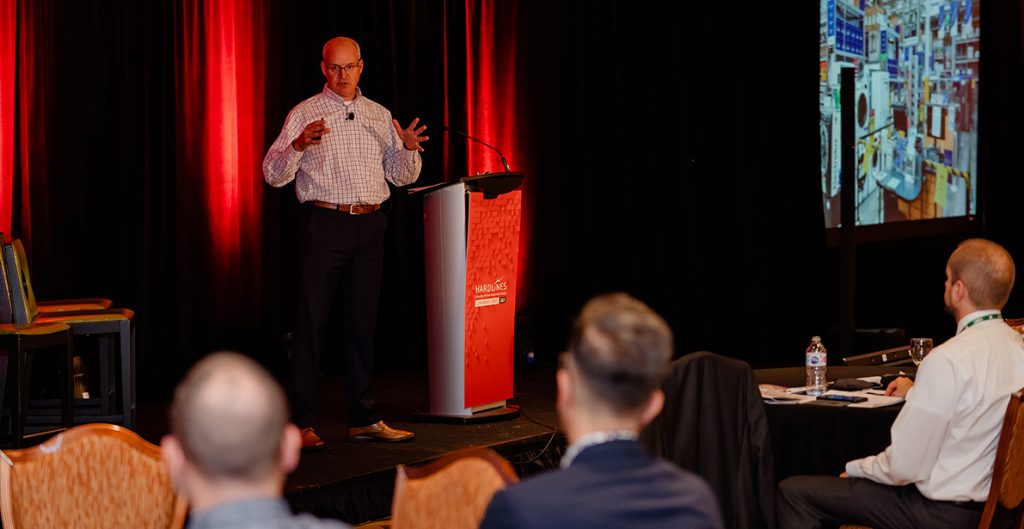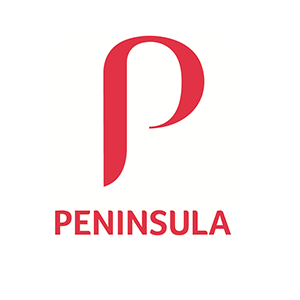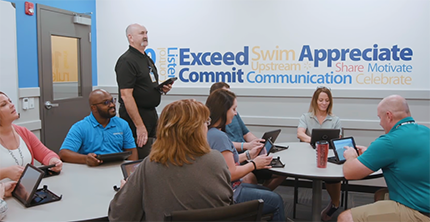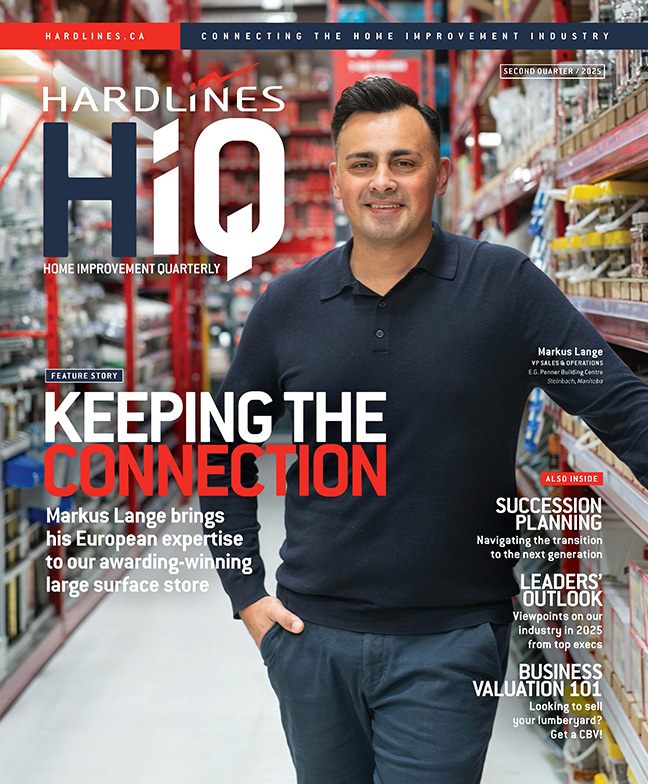By HR and health and safety consultancy Peninsula Canada
It’s the time of year dedicated to being with family and friends. However, for employers, it can be a very stressful time—especially when it comes to dealing with the overwhelming flood of vacation requests at once.
While it will be challenging to accommodate everyone, it is best to ask your employees to request their time off well in advance so you can have enough time to plan and accommodate accordingly. You can also create a vacation calendar. This will not only keep track of all dates but ensure you don’t have multiple employees off at the same time. If you are faced with more than one employee requesting the same time off, try to incentivize them to change their requested vacation dates.
It is also very important to be aware of public holidays. The remaining statutory holidays in 2021 occur during the holiday season—Christmas Day, Boxing Day (public holiday in Ontario only), and New Year’s Day. In 2021, all these holidays fall on a Saturday or Sunday.
As these holidays are on the weekends, employees in Ontario, British Columbia, and Alberta (where those days are working days) will receive a paid day off on Dec. 27, 2021, and Jan. 3, 2022. Additionally, Ontario employees will also get a substitute holiday on Dec. 28, 2021, to account for Boxing Day.
Peninsula is an HR and Health and Safety consulting firm serving over 80,000 small businesses worldwide, including dealers in home improvement. Clients are supported with ongoing updates to their workplace documentation and policies as legislation changes. Additionally, clients benefit from 24/7 employer HR advice and are protected by legal insurance.
(Not interested in receiving HR Advisor? Let us know and we will remove you from the mailing list.)


 One aspect of working from home is the flex-time that comprises a typical workday. For many roles, a nine-to-five presence is essential, but for others, getting the job done can happen any time of the day—or night.
One aspect of working from home is the flex-time that comprises a typical workday. For many roles, a nine-to-five presence is essential, but for others, getting the job done can happen any time of the day—or night. This month we talk again with Zaida Fazlic, director, people and culture at Taiga Building Products, the national building materials wholesaler. This is the latest instalment in our occasional series with her on the topic of leadership.
This month we talk again with Zaida Fazlic, director, people and culture at Taiga Building Products, the national building materials wholesaler. This is the latest instalment in our occasional series with her on the topic of leadership. By HR and health & safety consultancy Peninsula Canada
By HR and health & safety consultancy Peninsula Canada
 As a business owner, leader, or manager, your first job is clarity about what your business stands for, who your customers are, what they need, and how you communicate to the marketplace. Many good things can come from the bottom up in an organization, but clarity can only come from the top down.
As a business owner, leader, or manager, your first job is clarity about what your business stands for, who your customers are, what they need, and how you communicate to the marketplace. Many good things can come from the bottom up in an organization, but clarity can only come from the top down. This month we talk with Walter Pranke, vice president, human resources, at Lee Valley Tools, a national chain of tool and gift stores headquartered in Ottawa.
This month we talk with Walter Pranke, vice president, human resources, at Lee Valley Tools, a national chain of tool and gift stores headquartered in Ottawa.
